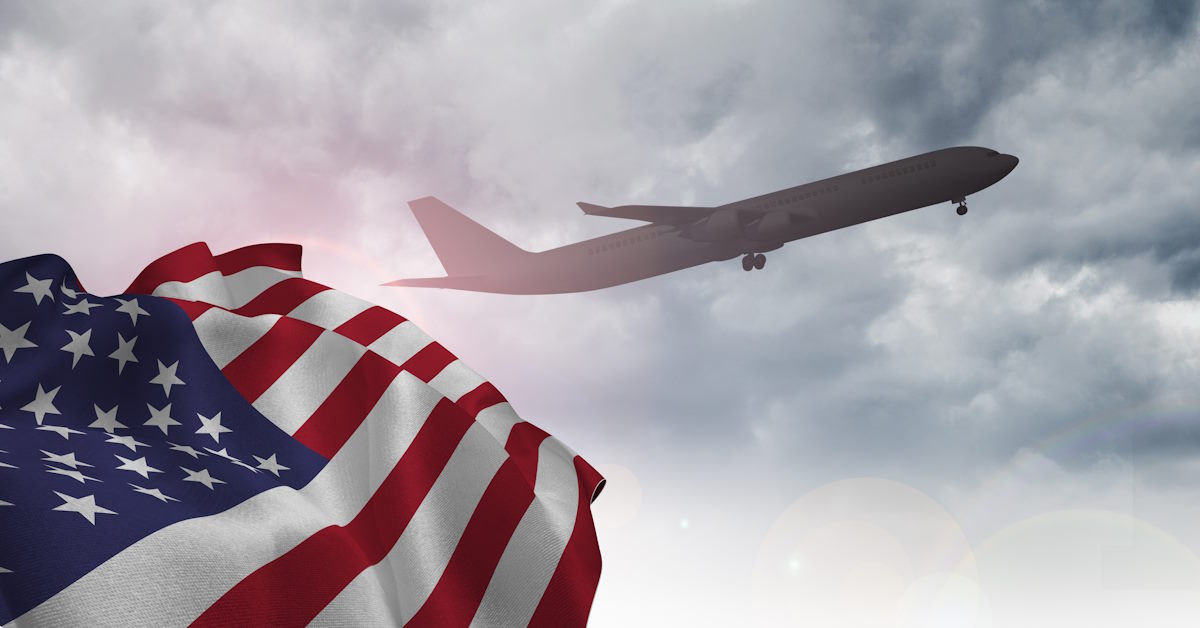You are viewing 1 of your 2 free articles
Comment: The travel trade is key to promoting sustainable animal welfare practices
The travel industry has been a key stakeholder in animal welfare for many years but there is still a huge amount of ambiguity and misunderstanding around these issues, both within the trade and among our customers. This is partly due to the fact that we predominantly sell products and services which take place abroad and as such are not subject to the same legislation and attitudes and partly due to a lack of strategy which can lead to unintended consequences.
In the past, the motivator for change has been commercial rather than moral, happening at the point where negative PR is more damaging to a business than the loss of sales from the trip or activity in question. In my experience the resulting policy change is nearly always an immediate stop sell and allows the business to say it has taken a “strong line on animal welfare”.
In reality these steps help protect the reputation of the business but do not benefit the animals that they are intended to help.
Education is key
Simply turning off the tap does not improve the treatment of the affected animals or the conditions in which they are kept. Animals which are already being badly treated are unlikely to be treated better if there is less money available and they are rarely able to be released into the wild.
So, what can we do as travel businesses and travel professionals? As an industry the travel trade is uniquely positioned to encourage animal attractions and experiences to transition to models which are successful due to the fact that their progressive animal welfare programmes meet the requirements of the increasing responsible travel market.
A good starting point are the Abta Animal Welfare Guidelines (available to members) which were updated in December 2019 and provide practical assessment criteria against which an animal attraction or experience can be measured.
The second step we can take is to actively educate our customers. As independent and adventure travel continues to grow, our clients are making more and more decisions about their itinerary while in destination and often on the spur of the moment.
Opportunity
I have lost count of travellers I have spoken to who entered an animal facility happy to support a worthy cause but were later left with a feeling of guilt because they were not armed with the knowledge to make informed choices. When talking to customers about their plans we have an opportunity to give them some basic guidelines and things to look out for to help make their decisions while away:
- Can you physically touch the animal? Facilities which allow the touching of non-domesticated animals by the public should be viewed with extreme scepticism. Wild animals do not naturally seek out the company of humans unless conditioned to do so.
- Is the animal required to perform tasks which are not part of their natural behaviour? Training animals to behave unnaturally can involve punishment or withholding of food.
- If animals are in an enclosure, does it provide significant space and enrichment and are there areas of privacy? Size can be difficult to judge but enclosures should offer a varied environment for the animal to interact with while areas of privacy allow them retreat to safety if anxious or stressed.
- Is the animal in a position to make a choice if they want to interact or not? Even animals that have been raised in captivity and are habituated to humans can feel stressed if they are not able to leave. The best animal encounters will operate on the basis of the animal coming to the visitor if they're interested and leaving when they've had enough.
- Are there set feeding times? A responsible facility will have a set time at which they feed the animals in their care. If this time is dictated, changed or supplemented to suit visitors, the welfare of the animals is not their primary concern.
- How regularly do the animal experiences take place? If visitors can arrive at random times and take part in the experience then, as with feeding times, the concerns of the guests are being placed above those of the animal.
- How old is the animal concerned, particularly if it is the young of a predator species? Assuming they are otherwise in good health, young animals can be rehabilitated and released into the wild but not if they have been habituated to humans. By handling or petting a healthy juvenile you ensure its long-term captivity.
This is far from a perfect checklist but if nothing else it gives our clients something to think about.


















